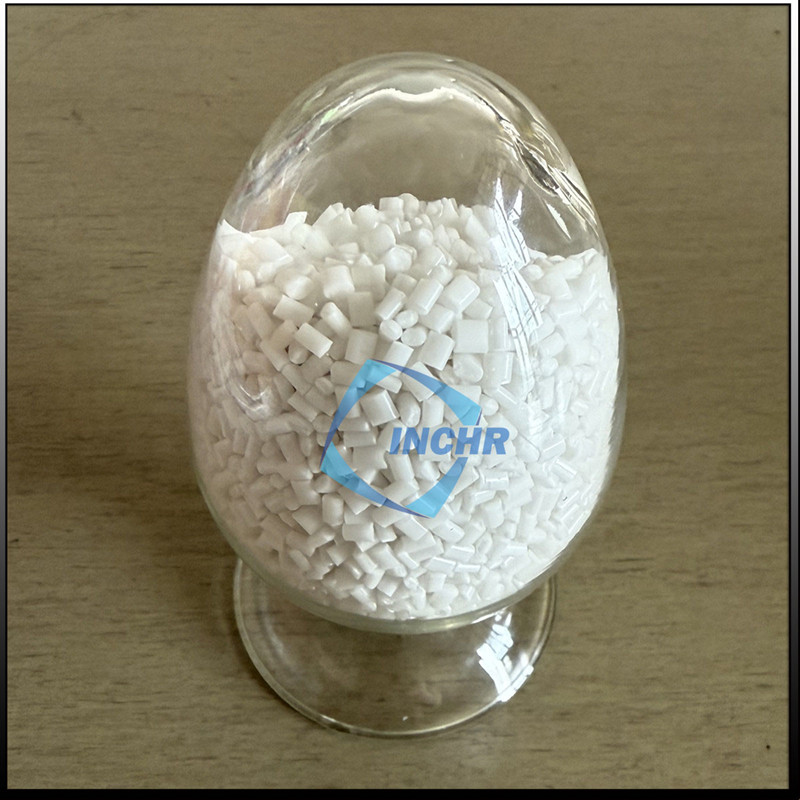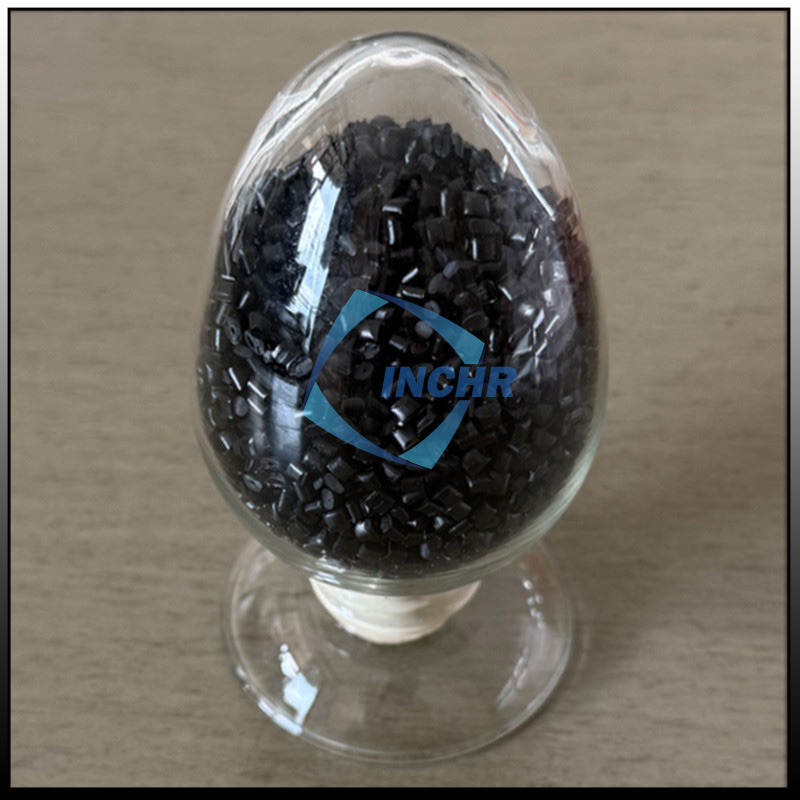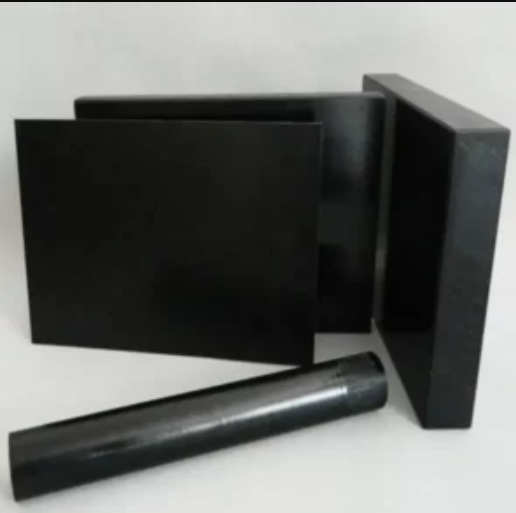In the evolving world of plastic manufacturing, anti block masterbatch has become a critical additive for producers seeking to optimize their film products. This comprehensive guide explains how this specialized compound works, its key benefits, and why it should be part of your production strategy.

What is Anti Block Masterbatch? | Product Catalog
Anti block masterbatch is a concentrated additive mixture that prevents plastic films from sticking together during processing, storage, or transportation. Formulated with carefully selected mineral particles like silica or synthetic materials, this masterbatch creates micro-roughness on film surfaces to maintain separation between layers.
How Anti Block Technology Works
The science behind anti-blocking masterbatch involves three key mechanisms:
Surface Modification: Creates controlled surface irregularities
Friction Reduction: Lowers coefficient of friction (COF)
Barrier Formation: Prevents molecular-level adhesion
These properties make it indispensable for production of:
Food packaging films
Agricultural films
Industrial sheeting
Medical packaging
Top 5 Benefits of Using Anti Block Additives
Enhanced Productivity
Reduces film tearing during high-speed processingImproved Product Quality
Maintains optical clarity while preventing blockingCost Efficiency
Minimizes material waste from stuck layersCustomizable Performance
Available in different additive concentrations (typically 1-5%)Regulatory Compliance
Food-grade options meet FDA/EC standards
Key Selection Criteria
When choosing anti block concentrate, consider:
Base Resin Compatibility (LDPE, LLDPE, PP, etc.)
Particle Size Distribution (3-15 microns optimal)
Thermal Stability
Migration Resistance
End-Use Requirements
Industry Applications Breaking New Ground
Recent innovations show anti-blocking agents being used in:
✅ Biodegradable film formulations
✅ Multilayer barrier packaging
✅ High-clarity shrink films
✅ Ultra-thin greenhouse covers
Optimizing Your Production Process
Proper implementation requires:
Accurate dosing systems
Optimal dispersion through twin-screw extruders
Regular COF testing (ASTM D1894 standard)
Storage temperature control (15-25°C recommended)
Why Choose Specialty Masterbatch Over Alternatives?
While talc or diatomaceous earth offer basic anti-blocking properties, engineered masterbatch solutions provide:
More consistent particle distribution
Better process control
Reduced equipment wear
Tailored performance characteristics
Conclusion
The importance of anti block masterbatch has been proved by practical application, need more information about anti-sticky masterbatch welcome to contact INCHR.




